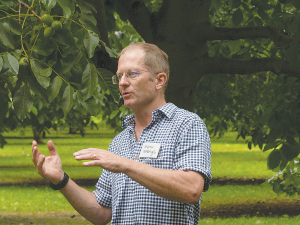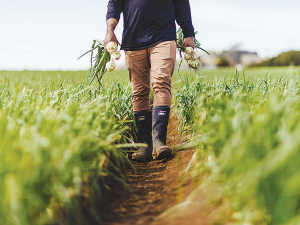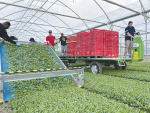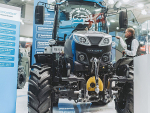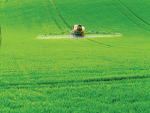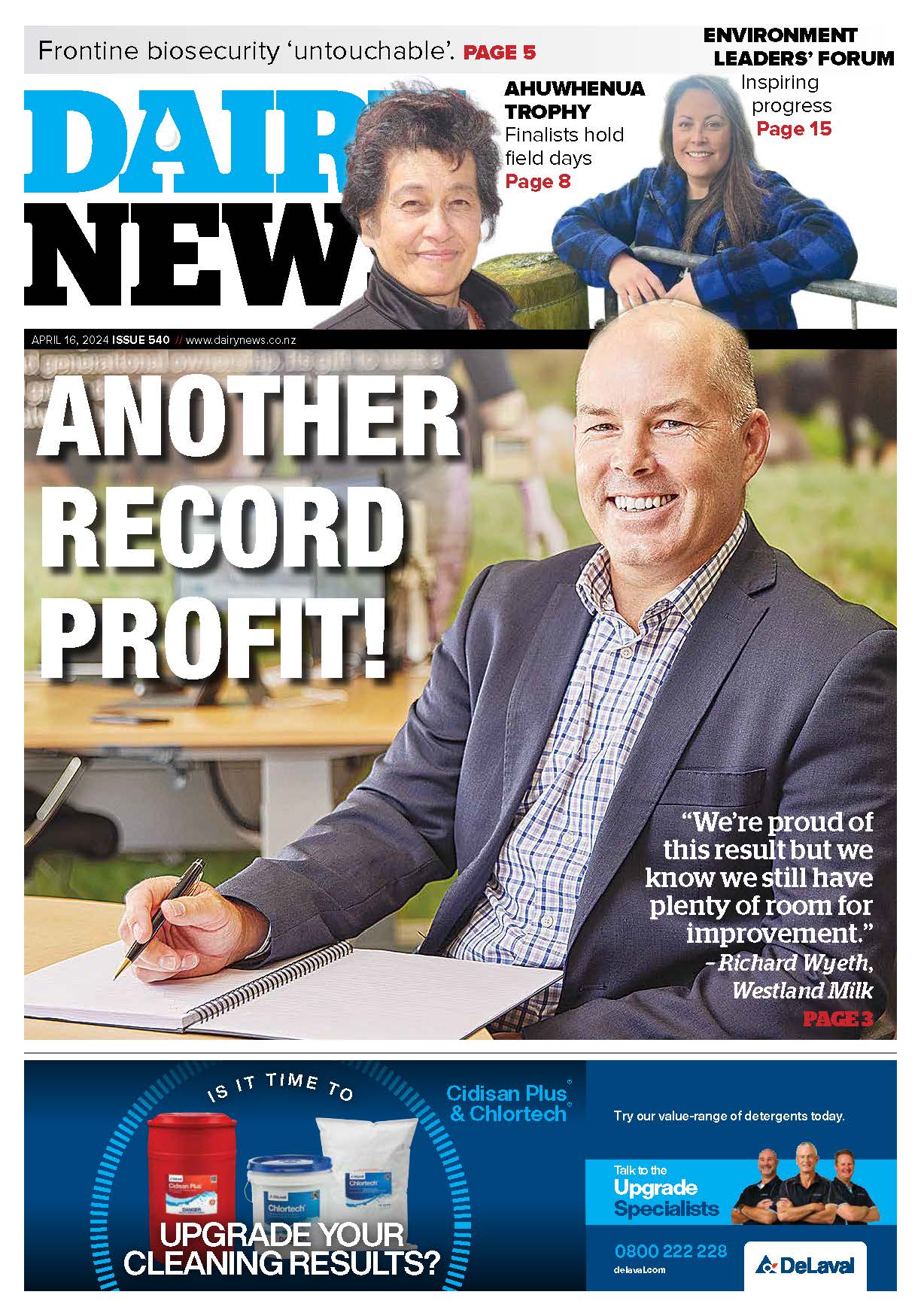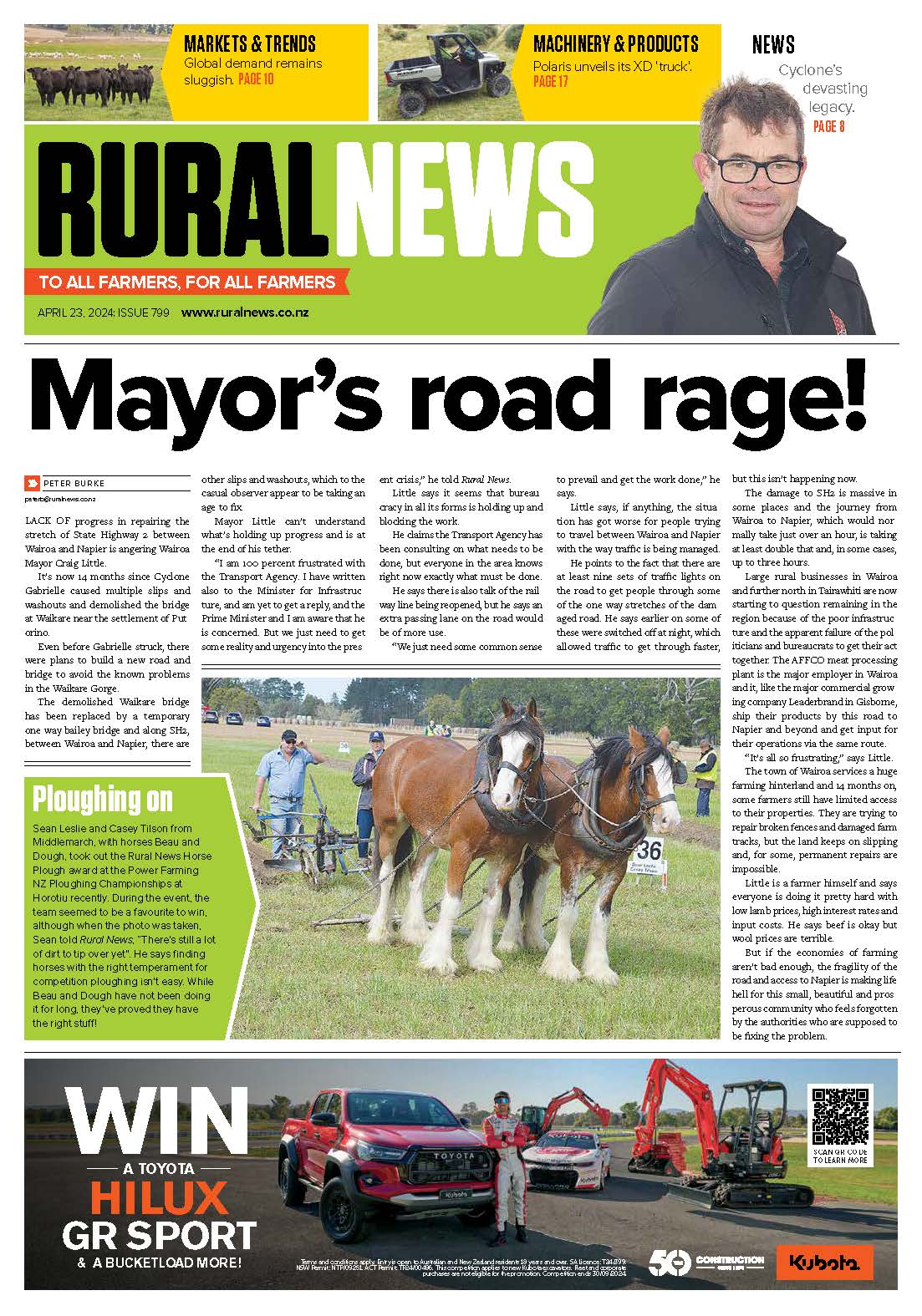That's according to figures presented at a recent industry open day.
However, it's a long game, with harvesting only starting around year 10. Income finally exceeds expenses only around year 15, with a full production achieved a few years after that.
Despite that, it's a rewarding industry with many advantages, say Andrew and Jo Horsbrugh, who hosted the open day on their Tunlaw Farm walnut orchard, near Rolleston.
The Horsburghs started developing their 43ha property 21 years ago. They have planted 18km of shelter, over 400 specimen trees, and 3,615 walnut trees - most planted between 2003 and 2011.
The orchard is now Andrew Horsburgh's primary source of income, after he left fulltime work at the end of last year following a career in agribusiness with leadership roles at Farmlands Co-operative, Craigmore Sustainables and many others.
For Jo, the orchard has been her full-time occupation, along with bringing up their family, since 2000 - following five years in the food service industry.
Andrew Horsburgh explained that they wanted a venture they could establish while he was working full-time but could come home to in the weekends, "kick the dirt and have a sense of balance".
"When we looked at every single thing we kept coming back to walnuts," he told Hort News. "We did look at some things like blackcurrants and when we saw that you don't have a summer holiday - your whole holiday is harvesting - that swayed us."
An established walnut orchard is relatively low maintenance and even at harvesting - in late March - there is much less need for labour than most other horticulture ventures. The walnuts simply drop when ripe, or mechanical tree shakers may be used to hurry them along later in the harvest. The walnuts are then lifted from the ground and separated from the debris before being washed, graded and dried.
Small growers could use nut rollers to lift the nuts and have others do the washing and sorting under contract, rather than invest in the machinery.
The Horsburghs operate a washing and drying shed using specialist French machinery.
Showing off a line-up outside of the various machines available, Andrew Horsburgh explained that they chose a German harvester because it suited their scale of operation.
"Before we chose this, we had a look at the different machineries," he explains.
The American gear was too big for us. The Italian gear was fantastic, but it was like driving a Ferrari. If something went wrong, you'd have to fly a technician over from Italy to fix it.
"What we've got here is pretty straightforward hydraulics that just about anyone can fix in New Zealand."
Andrew Horsbrugh says they are not planning further plantings now that their existing trees had reached maturity.
Warm and Dry Is Best
Grower Dr Heather North says walnuts prefer a dry climate, which is a major reason Canterbury is home to much of New Zealand's commercial production.
North, a founder member of both the NZ Walnut Industry Group and Walnuts NZ Co-operative Ltd - which jointly organised the open day - spoke of the practicalities of walnut growing.
She explained that the number one soil requirement is good drainage, as wet feed can kill the trees.
Walnuts are drought-tolerant but need irrigation for best production. They also need shelter, particularly when the trees are young, but pests and diseases are few, she said.
With a PhD in optics and image processing and 10 years as a research scientist at Manaaki Whenua - Landcare Research specialising in satellite remote sensing - North is also the Walnut Industry Group's research leader.
She says the most commonly-planted New Zealand varieties (Rex and Meyric) yield around 2-3 tonne/ha.
But the group is trialling three varieties from overseas, and one in particular - Lara - is looking "really good," North told Hort News.
"We're definitely hoping for those high yields that we're seeing overseas with these varieties. We're seeing 4 to 5 or even 6 tonnes a hectare overseas so we're hoping to end up in that sort of range ourselves."
On the financial returns, North Canterbury grower and chair of the NZ Walnut Industry Group Dave Malcol said the per hectare surplus for walnut orchards sat somewhere between vineyards and sheep and beef finishing.
Malcolm presented figures from one Canterbury orchard that over four yeards averaged 2,314kg at $2.63/kg for a surplus of $2,773 hectare. However, he says that yield was at the low end of the scale.
The new varieties could be expected to produce 4,000 kg/ha and sell for $4/kg, for a projected possible surplus of $12,183/ha according to his figures.
Other speakers at the open day, which attracted about 30 people to the Horsburghs' farm, spoke of walnuts' low environmental footprint and high nutritional value.




